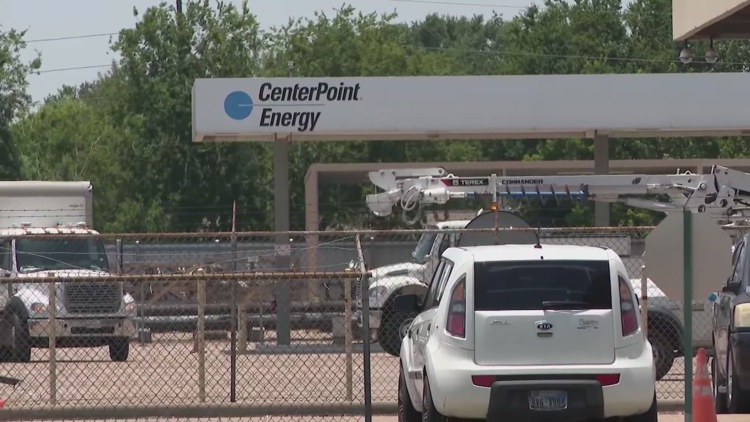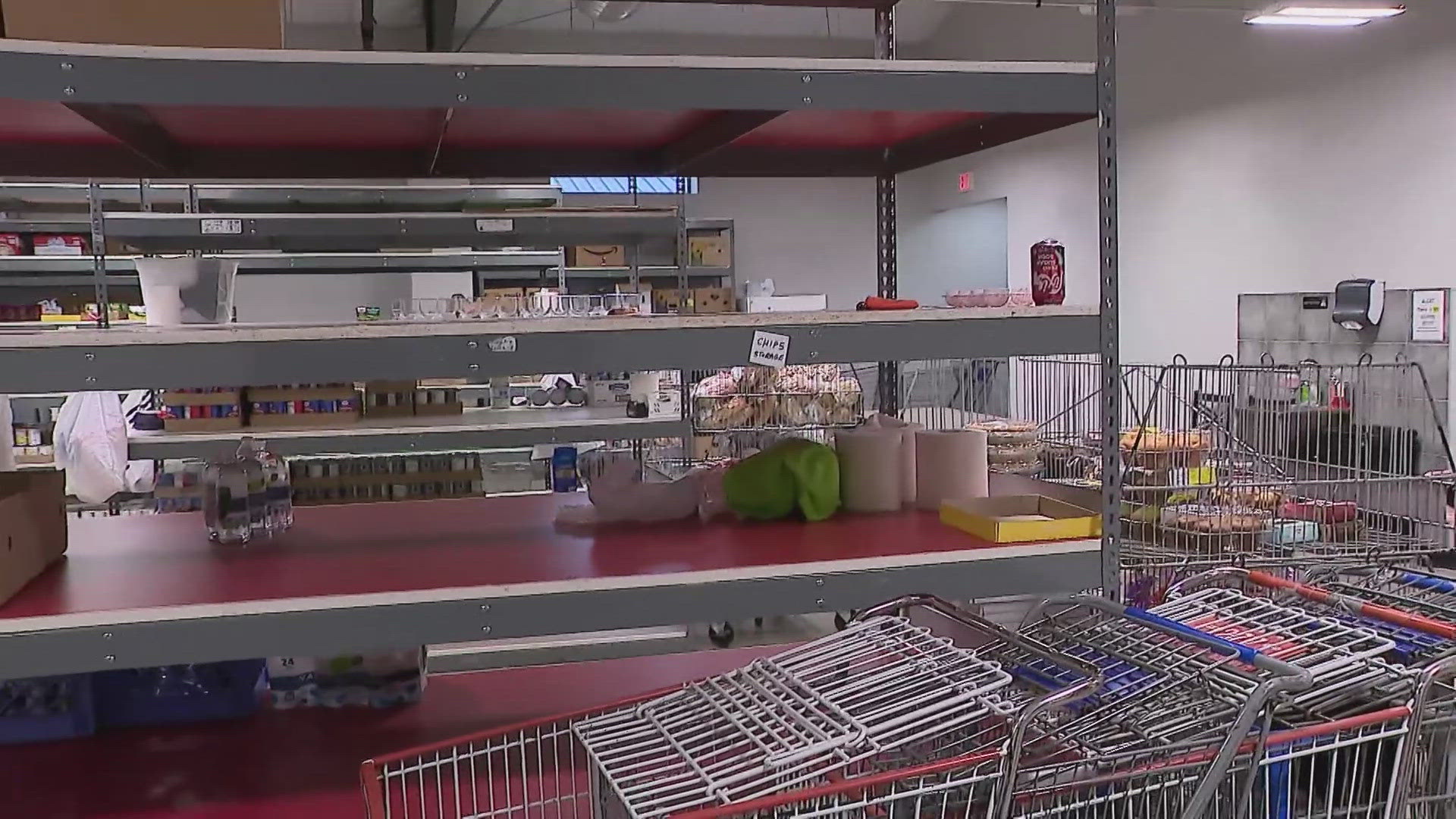HOUSTON — Houston-area CenterPoint Energy customers may experience power outages lasting anywhere from four to eight hours over the next month as crews work to improve the area's resiliency following Beryl.
"We know that outages, even ones necessary for safety, can be frustrating to our customers," the company said.
CenterPoint said its crews, as well as contractors, started work on its new "Greater Houston Resiliency Initiative" on Monday. Improvements include installing stronger power poles, trimming and removing vegetation from areas along powerlines, and installing automated devices that CenterPoint said will help reduce response times for future outages.
On Thursday, CenterPoint gave an update on the progress they've made on the maintenance and upgrades. As of August 7, CenterPoint has installed 102 out of 1,000 of the stronger power poles, trimmed the vegetation along 358 miles out of 2,000 miles of power lines, and installed 85 out of the 300 automated devices.
“We have heard the calls for change, and we are taking action now. This first phase of our Greater Houston Resiliency Initiative will focus on a series of targeted actions to immediately strengthen our infrastructure across our communities,” CenterPoint President and CEO Jason Wells said Monday. “We know have a lot of work to do to re-earn our customers’ trust. This initiative reflects our commitment to become most resilient coastal utility in the country.”
CenterPoint is taking several actions to communicate with its customers about the expected outages, including the following:
- Using door hangers on impacted customers' homes to inform them of upcoming outages
- Calling, texting and emailing customers to let them know when work is planned, as well as estimated outage and restoration times
- Reaching out to critical care customers to inform them of potential outages
- Pointing customers to CenterPoint's new outage map, which the company said will provide outage information for impacted areas.
Additionally, CenterPoint said all its staff working in communities are required to carry identification badges and to show them if requested.



